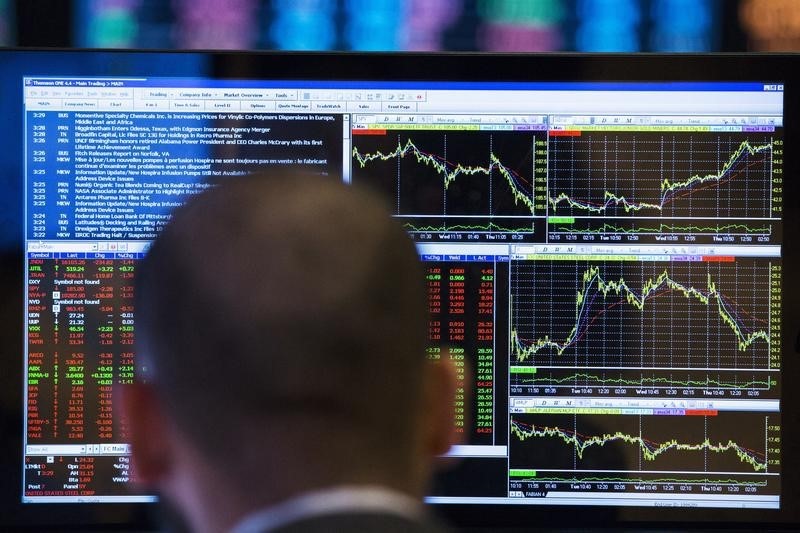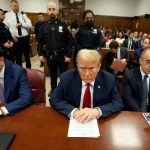
(Reuters) – Donald Trump’s lawyer said last week the former U.S. president had not decided whether to testify at his criminal trial stemming from hush money paid to a porn star, which would be an uncommon and risky move that some high-profile defendants have made at their own recent trials.
Here are five criminal cases where the defendant testified:
FTX founder Sam Bankman-Fried
The once high-flying fintech mogul testified in his own defense at his New York trial last year on charges of defrauding customers, investors and lenders to his cryptocurrency exchange, FTX.
Prosecutors said Bankman-Fried stole $8 billion in customer deposits to plug losses at his crypto-focused hedge fund, Alameda Research.
Bankman-Fried admitted he had made mistakes that ultimately hurt investors but said he believed that Alameda had the assets to repay FTX.
Bankman-Fried was convicted on seven fraud and conspiracy counts and sentenced to 25 years in prison. He is appealing his conviction and sentence.
Theranos founder Elizabeth Holmes
The Theranos founder took the stand at her criminal trial in 2021, testifying over several days that she did not intend to defraud investors in the now-defunct blood-testing startup.
Prosecutors accused Holmes of making false claims about Theranos, including that its technology could run a wide range of diagnostic tests using just a drop of blood from a finger prick, more quickly and accurately than conventional laboratory testing.
Holmes said on the stand that she was focused on the long-term potential of the company in her communications with investors.
She was convicted in January 2022 by a jury in San Jose, California, on four of 11 counts and sentenced to more than 11 years in prison. She is appealing her conviction and sentence.
Colony Capital (NYSE:DBRG) founder Tom Barrack
The onetime private equity executive and Trump fundraiser testified at his 2022 trial on charges of unlawfully acting as an agent of the United Arab Emirates (UAE).
He said on the stand in New York that he had sought to promote dialogue between the U.S. and Arab countries and denied taking direction from the UAE.
Barrack, who chaired the former president’s 2017 inaugural committee and served as an informal adviser to the campaign, was acquitted of all nine counts he faced.
Former KPMG partner David Middendorf
Middendorf took the stand in 2019 and denied taking part in a scheme to obtain confidential information from an audit regulator to help the KPMG accounting firm pass inspections.
Middendorf, who was head of a KPMG department, testified at the trial in Manhattan that when he learned another employee had obtained the information, he reported it to his boss.
He was convicted at trial but prosecutors dropped the charges after a 2020 ruling by the U.S. Supreme Court limited their use of the wire fraud statute.
Privinvest executive Jean Boustani
The lead salesman for a Lebanese shipbuilding company was cleared in 2019 of charges he helped defraud U.S. investors in bonds backed by the Mozambican government.
Prosecutors in New York said Boustani, a Lebanese citizen, paid hundreds of millions of dollars in bribes and kickbacks to Mozambique officials and Credit Suisse bankers to secure the contracts and loans.
Boustani, who testified in his own defense at the trial, never disputed that he paid officials, but said he had no role in packaging the loans for investors.
To read the full article, Click Here

